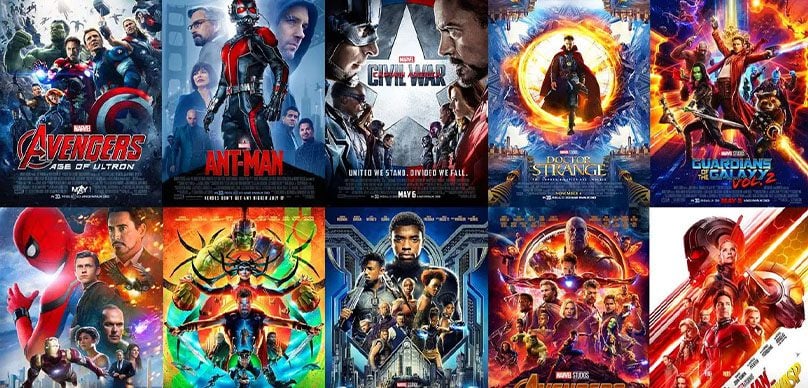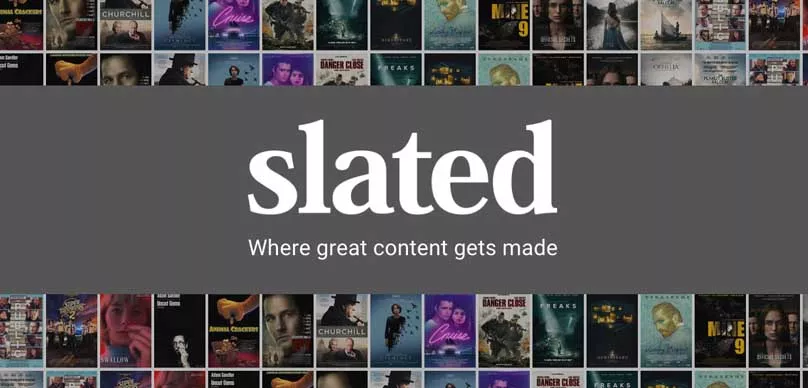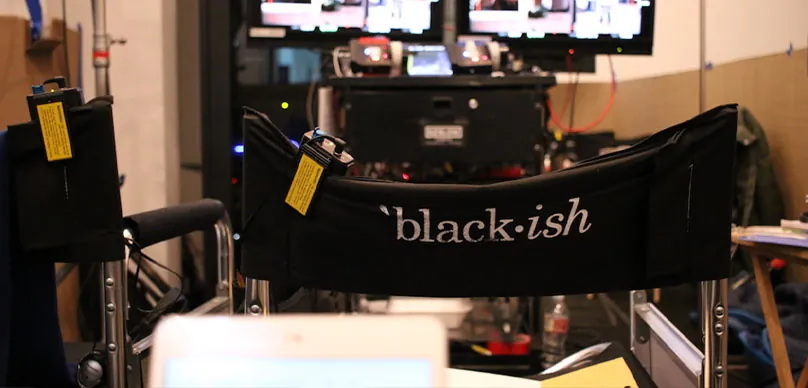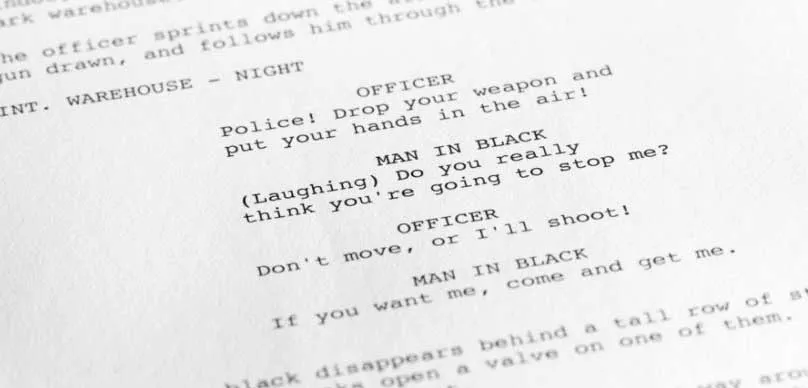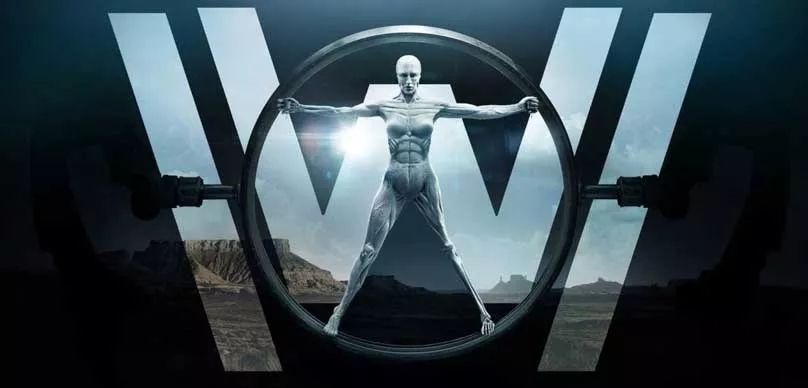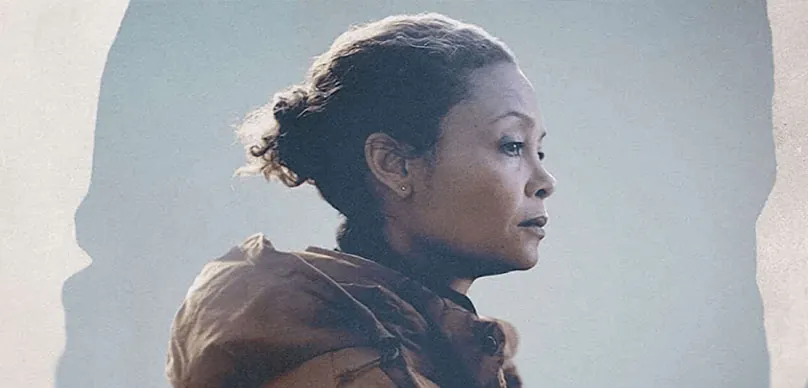You should all know this by now. I love bringing on different perspectives on the craft because you never know what might click for someone. At the end of the day, we are all trying to tell a and compelling story.
I invited to the show this week Julian Hoxter to talk about his book, The Creative Screenwriter: 12 Rules to Follow and Break to Unlock Your Screenwriting Potential.
Julian is a published writer, lecturer, and screenwriting story consultant with extensive experience in scholarly writing.
After film school at UCLA, Hoxter returned to his homeland, England, where he served as a senior lecturer at Solent University for some years before starting up at San Francisco State University, where he currently is an associate professor of cinema.
Hoxter’s latest textbook, The Creative Screenwriter: 12 Rules to Follow―and Break―to Unlock Your Screenwriting Potential, distills the craft of screenwriting into 12 key elements, from developing your story to revising and rewriting, plus plenty of inspiration to create your screenplay with confidence. It encourages readers to look behind the scenes at iconic films using a classic screenwriting structure, along with experimental films from innovative writers that have transcended the rules and paved their way to the silver screen.
Apart from academia, Hoxter has been producing his independent features, documentaries and doing rewrites collaborations with other filmmakers. One of his most known productions is the award-winning documentary feature, Imagine a School… Summerhill, produced in 2009.
Other must-read textbooks or scholarly papers written by Hoxter include, Off The Page: Screenwriting in the Era of Media Convergence, The Pleasures of Structure: Learning Screenwriting Through Case Studies, and Theorizing Stupid Media: De-Naturalizing Story Structures in the Cinematic, Televisual, and Video Games.
Keep an eye out for Hoxter’s sci-fi novels that will be out soon, The Ballad of Coopy Meakes.
I collected a lot of knowledge bombs from chatting with Julian. Enjoy this conversation with Julian Hoxter.

